We are so often told how sustainable the wood and paper industry is, and even if this might be true to some extent, it does not account for the ecological disasters that occur within these massive and industrial-scale farming plantations. In my country of South Africa, there is the rhetoric that paper bags are good and better for the environment and plastics are bad. While this again might ring true — paper can be composted and most plastics not which makes it seem to be more environmentally friendly and safe — the real problem is not the product itself but the way it is gained, produced, and well, “farmed”. Just like industrial-scale farming that is miles away from anything “natural” so also these artificial “forests” that the paper industry utilises for its raw materials. The YouTube Channel VOX did a brilliant piece on these artificial forests in Urugay. In this video, the same reality we are facing in South Africa is dealt with almost poetic beauty. The situation is really bad and speaks to our overconsumption and ramped consumerist capitalism that really destroys everything in its past.
My fiancé loves the Laeveld or Lowveld in South Africa, and I have posted many travels-related posts about this area, all of its waterfalls, and the forests that still remain. Just a bit further from here, the Drakensberg Mountain range also boasts various forests that sometimes buzz so loud with noise that you cannot think.
Here is a short video of my own explorations in such a forest (used in a previous post as well).
While these enclaves exist, keeping these forests alive, and harbouring thousands of lives, different species, and so much more, this is not the case everywhere. And I relived this situation firsthand. Here is my story, my rant, my experience of the disastrous consequences of the narrative that paper is sustainable, that we can use as much as we’d like because it is better than plastic.
There is more than enough on Earth to satisfy the basic needs of everyone without exploiting the very planet we live on. But with unhinged and unbridled capitalism and consumerism, and the narrative of infinite growth, we are faster than ever depleting the finite resources of the planet we live on, and in the process causing diversity of life to disappear. Link this with the narrative that plastic is bad and paper is good, you have an ecological nightmare on hand. Let us rewind just a bit to explain how we got to this position.
Modern western man cannot comprehend and contemplate or appreciate difference, alterity, otherness. Mono-culture farming, monotheism, one religion, and extreme order, amongst other things, are what make him tick. Inherent difference, multiplicity, otherness, and so on cannot remain in western man’s world because it defies definition, understanding, boxing, categorisation. This is also linked to order, control, and efficiency, amongst other things. The link to farming is that we see modern western farming practices as always containing only one product, grown in rows and rows of the same plant for kilometres on end. The rows are neatly spaced so that either human “workers (read slaves)” can pick the fruit, harvest the produce, or so that machines can in this case neatly cut down the trees and cut them into logs, easily transported to the saw/wood mill, turned into pulp, shipped all over the world to satiate the paper need of the world.
We drove to the Lowveld and it was quite staggering for how many kilometres you can drive seeing just pine and Eucalyptus/blue gum plantations. I think there is a stretch of at least 20 kilometres where you drive past just these man-made artificial forests. For some, this is a sight of beauty. The response goes, “These are amazing forests”, but as I will explain now, and as is explained in the VOX video from above, these places are virtually dead, and they are the furthest thing away from forests.
First of all, these plantations use species that are not native to the area, species that grow extremely fast, and which outcompete virtually all other plant species. As you look into these “forests”, you will see nothing growing between them, not even grass.
Secondly, as you walk through these “forests”, the only thing that you hear is the wind blowing through the leaves. It is quite eerie and strange. It feels like the moment a predator has stepped into a real forest and it goes deathly silent. But in this case, the silence is not because of a predator but because there is no life. Because there is only one species growing there, and it is an alien species, the local wildlife does not make this their home. There are some species that might live here, and use them as homes, but as I tried to illustrate with the video above, the deafening silence of these man-made “forests” is because of the lack of diversity, life, and nature.
Thirdly, after these trees have been cut down, the soil of the forest is impacted. Pine, for example, acidifies the ground with all of the pine needles that it drops. The trees growing in such an artificial manner also do not replenish the soil like a normal forest would do, instead, as I will show with photographs, these cut-down “forests” lay bare – either waiting for the next round of pine or blue gum trees, or they lay barren with few things growing on them except grasses.
Another aspect which one can point out is the environmental cost of driving all of these trucks, the fuel being burnt, the tyres that they use, the destruction of roads that would need fixing... Because these trucks are everywhere. I don't think people understand the volume of trucks driving through the cities, sometimes three to four carriers in length. (See the photograph and video below.)
The thing that gets to me though is the fact that I wonder what beauty was here before the mono-culture man-made forests; for kilometres without end, these “forests” stretch out on the horizon. And between them, you will find small enclaves that illustrate what there was before they tore down the area. These remain as hints of what there was before. And my heart goes out to all of the species of animals that have gone extinct that we might not even know of all because out growing and ever-increasing desire to use paper above plastic because that is what the narrative demands.
It is always the consumer's fault, and this is in some cases the truth. For it is not plastic, or paper, or glass’s fault, it is our never-stopping consumerism that demands ever-increasing man-made and artificial “forests” to fuel our desire to buy, consume, buy, consume.
Plastic is not the problem, unhinged consumerism is…
All of the writing, or ranting, in this post is my own, and the opinions are my own. I know we cannot change the situation, and we are stuck in this globalised loop, but it still saddens me. The photographs used and the video in this post are also my own (except the VOX video - hyperlinked).
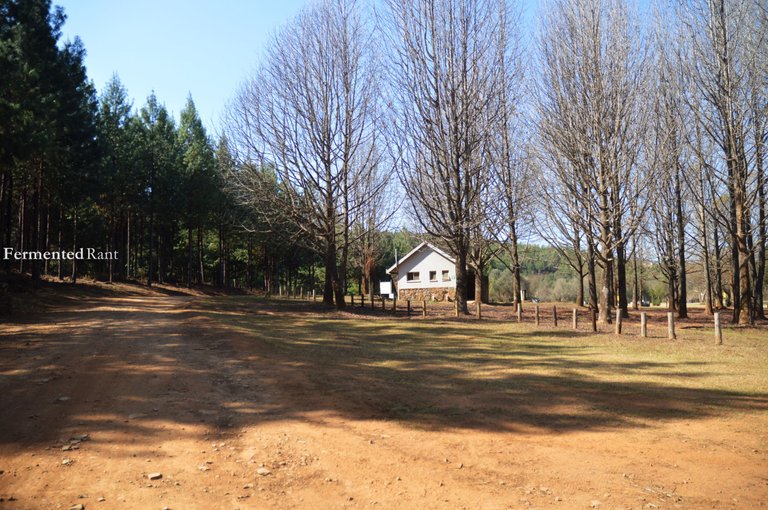
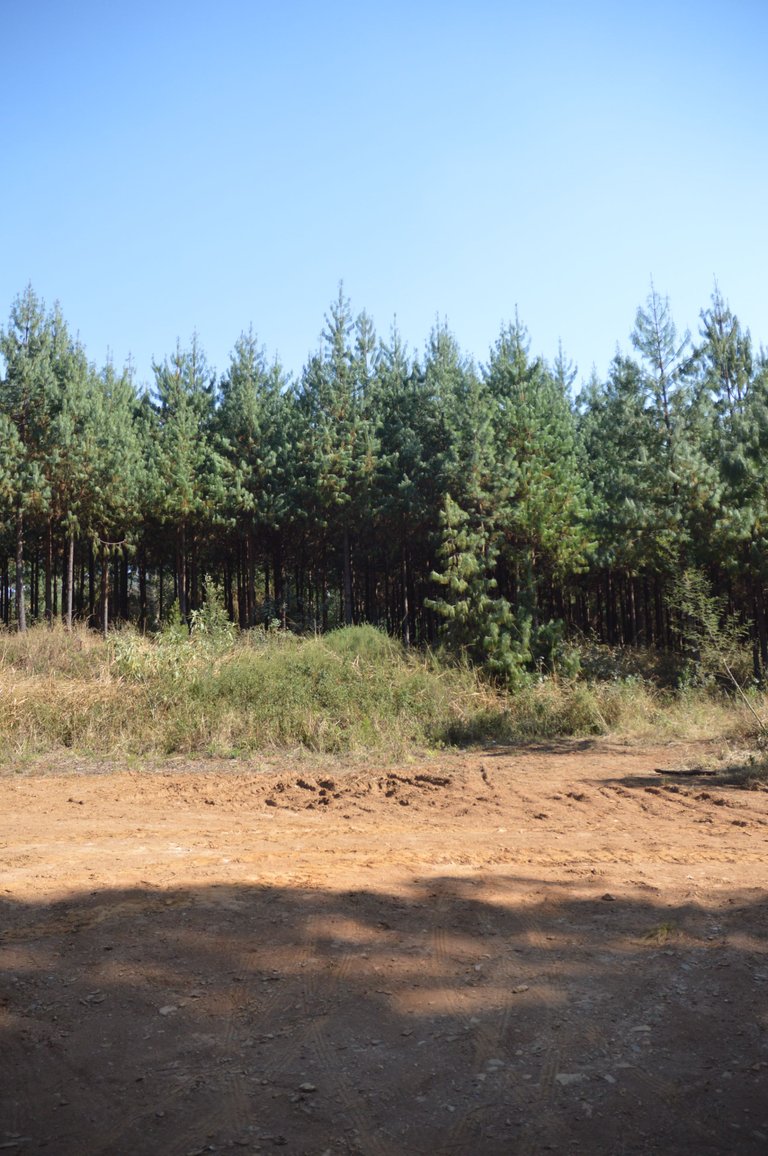
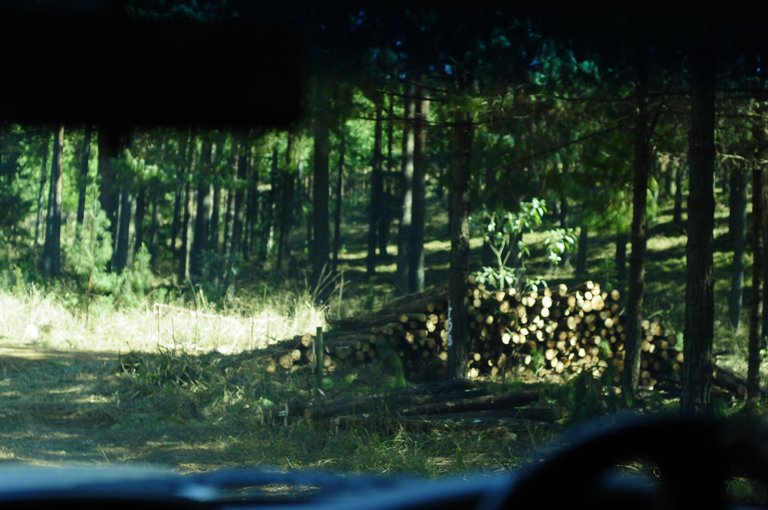
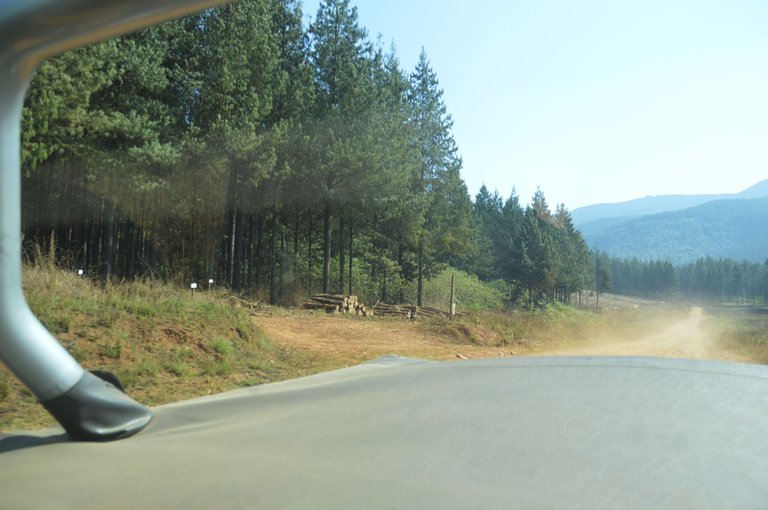
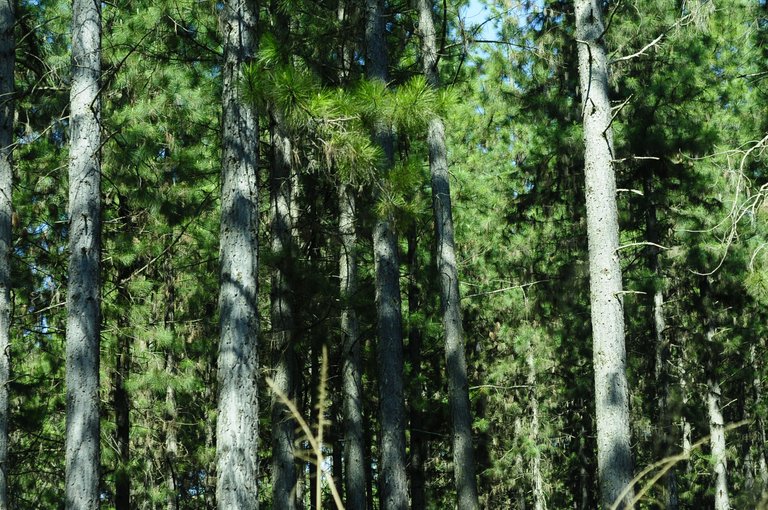
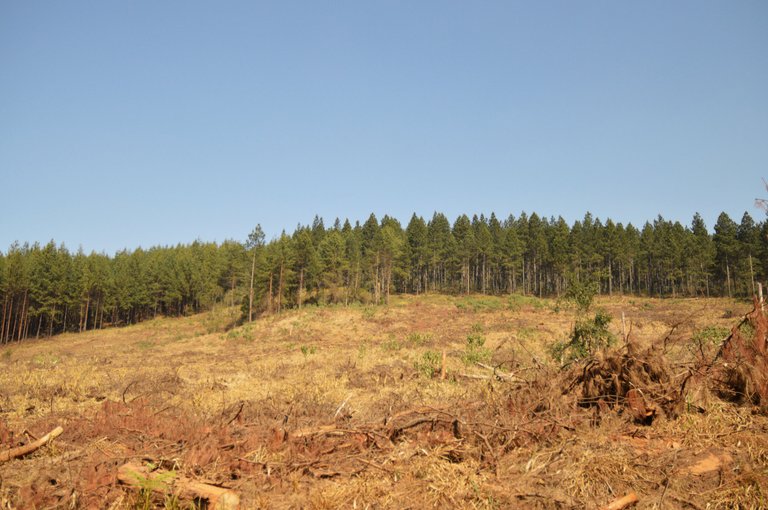
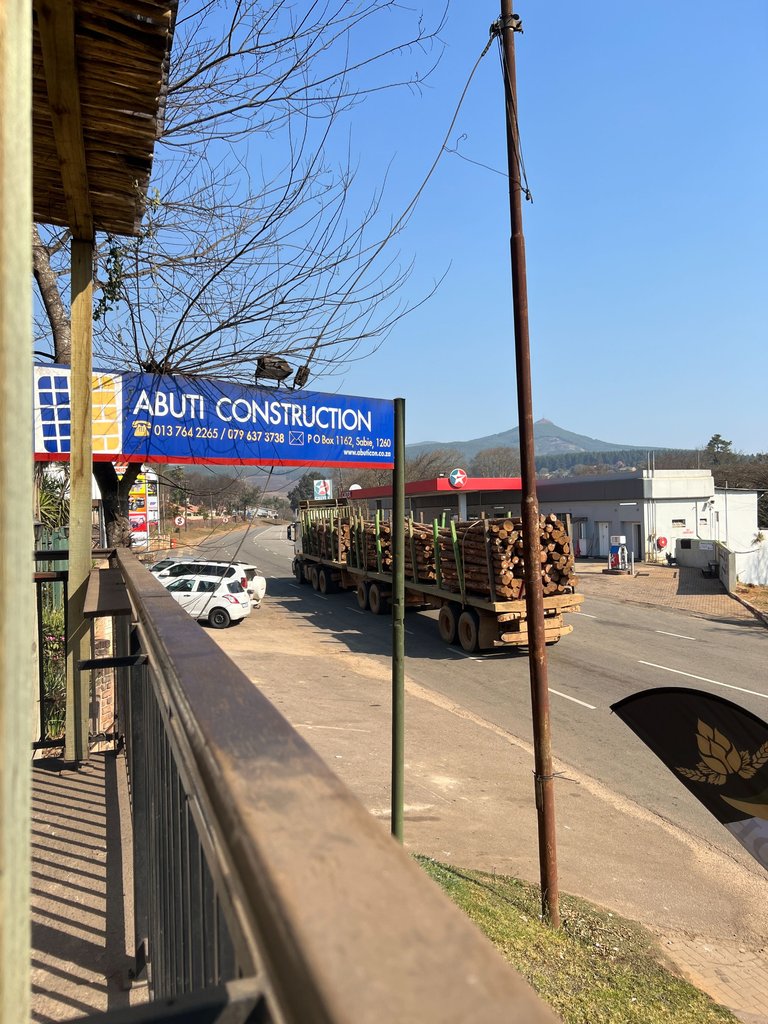
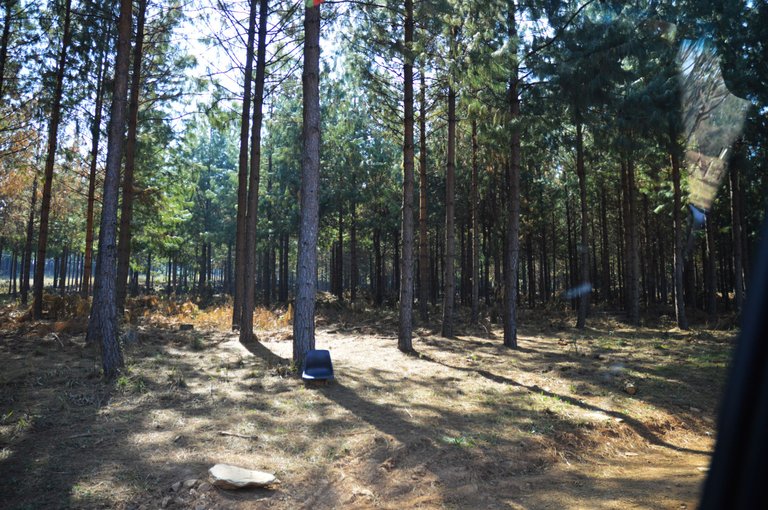
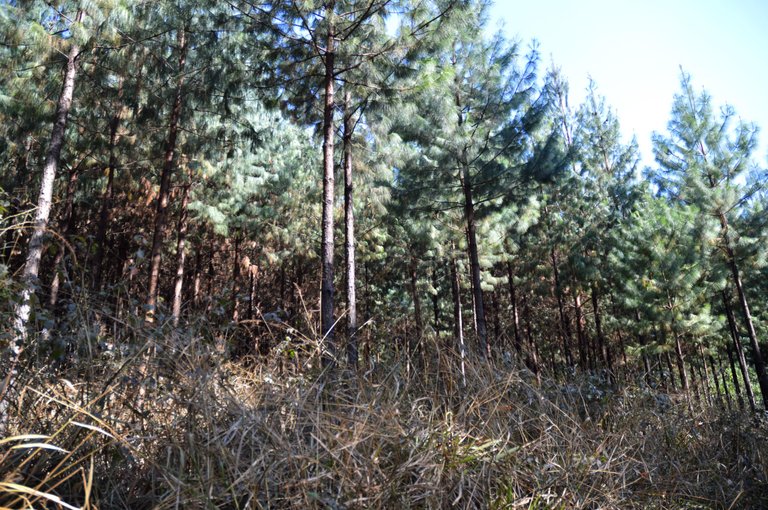
I do think governments need to regulate the company's use of plastics - it always seems to rest in the hand of the consumer, as if we're to blame for plastic pollution. Supermarkets crow about how environmentally awesome they are by making us bring our own bags or buy paper bags and then sell us chocolate biscuits triple wrapped in plastic.
For sure, this is a very serious problem and one that somehow gets worse? I am not even sure how. I am seeing individually wrapped fruits inside of another plastic bag, and things like this becoming more serious by the day. How is the consumer in this sense to be blamed when the government "OKs" this behaviour from companies? Sure, the consumer could not buy that product, but the thing is it is already produced, and someone else (less worried about the environment) will buy it. So sad.
your so right! there are so many ways to build and use a sustainable amount of wood. thanks for sharing your perspective on this.
Thank you for reading and for your comment! It is so true, yet few people actually help the situation, preferring to stay ignorant of the situation.
An excellent read.
Thank you so much!
🤗
There are certainly some challenges with the artificial forests - I saw them for the first time 2 years ago. What I didn’t realize was that they were devoid of life. I was only driving and there was a lot of other cars around so we couldn’t hear anything besides the wind lol but if the animals aren’t there then that’s certainly an issue and a challenge.
The only thing I can say is that I do appreciate that these forests with species that grow super fast does prevent the cutting of giant swaths of old growth trees. I’ve seen some differences in the wood of old versus this new stuff and it’s quite evident. The good thing is these forests prevent those from dying, so there is some solace there.
I really hope that to be the case. Old forests need protection as they foster so much diversity of life and species. It is sad to seem them being cut down. You are right but the problem is that vast numbers of old forests are cut down to make space to grow these fast growing trees… so it is even a problem here! But there is a need to keep the forests alive so maybe that will help.
Thank you so much for your thoughtful comment.